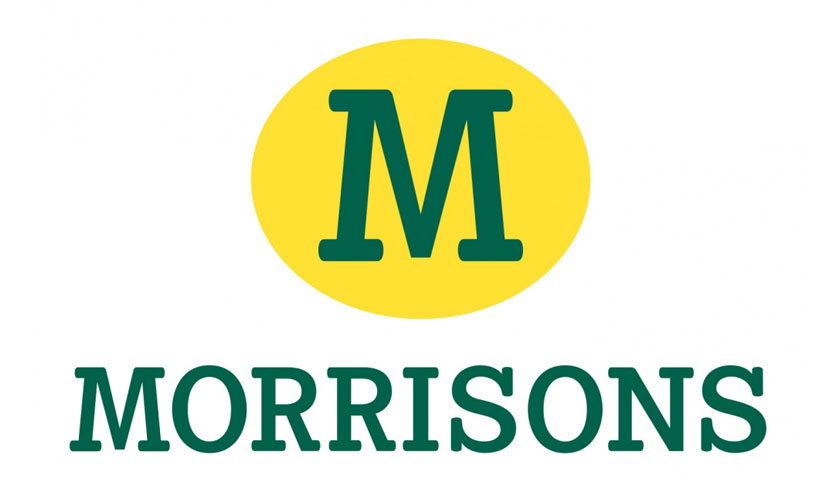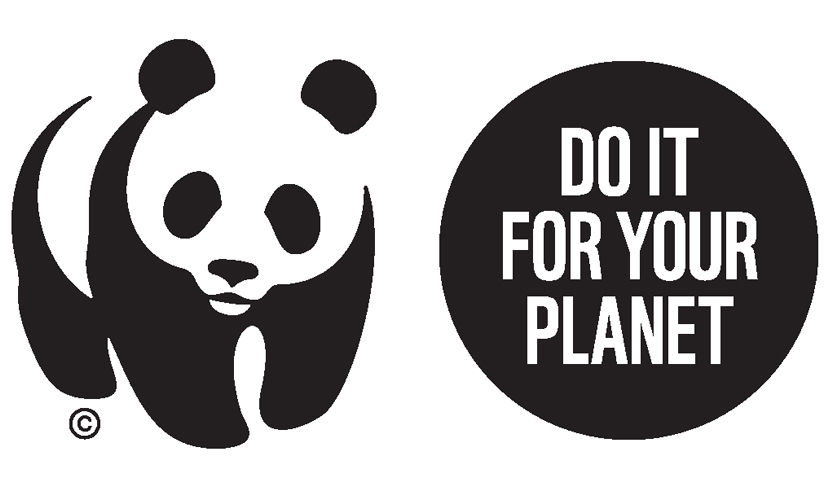Morrisons has asked its branded suppliers to help fight the war on plastic, as part of its commitment to reduce the amount of the material in its stores and supply chain operations.
The supermarket made the appeal at its annual supplier conference, to which 1,600 suppliers were invited.
Morrisons is asking its branded suppliers to reduce plastic in both product packaging and on the shelf display packaging, as well as in the materials in which these products are transported to stores.
It is hoped that this will remove thousands of tonnes of plastic from the supermarket’s shelves a year – and make it easier for customers to reduce the amount of plastic they are purchasing.
Advice and guidance will be offered by Morrisons technical teams to help brands to reduce their plastic packaging. As the supermarket is ‘vertically integrated’ – and manufactures more than half of the fresh food it sells – it is in a unique position to be able to offer support to the industry.
Andy Atkinson, Group Commercial Director at Morrisons said: “As the UK’s biggest fresh food maker we are committed to helping our customers live their life with less plastic. So we are asking our branded suppliers to join with us in reducing our plastic footprint as this is a priority for our customers.”
Morrisons has committed to a 50% reduction across its own brand primary plastic packaging by 2025. Initiatives introduced over the last 12 months will remove 9,000 tonnes of unnecessary or problematic plastic each year. Eighty three per cent of its own-brand plastic packaging is now able to be recycled.
In 2019 Morrisons was voted the most environmentally responsible company in the UK for its work on plastics reduction at the Responsible Business Awards, run by HRH The Prince of Wales’ Business in the Community Network. Greenpeace has also repeatedly ranked Morrisons second in the supermarket industry for its plastic reduction achievements.
Morrisons work on plastic reduction sits alongside other sustainability commitments made by the supermarket including net zero emissions by 2040, a zero-deforestation plan and a 50% reduction in operational food waste by 2030.


